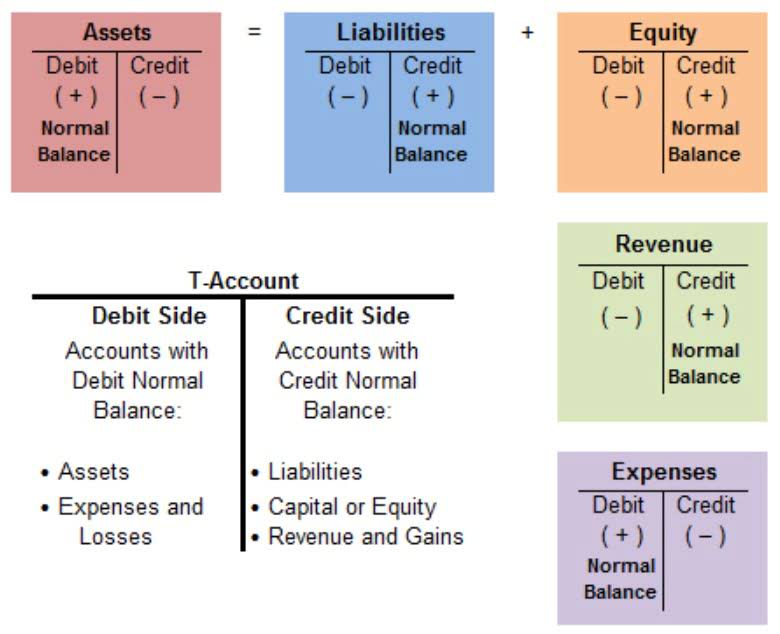
For example, if a department manager is considering purchasing a company vehicle, he may have the option to either buy the vehicle outright or get a loan. A managerial accountant may run different scenarios by the department manager depicting the cash financial accounting outlay required to purchase outright upfront versus the cash outlay over time with a loan at various interest rates. Financial accounting focuses on statements based on financial information, to be shared with both internal and external shareholders.
Resources for Your Growing Business
The course builds upon topics covered in Principles of Accounting and Financial Accounting. Accounting is the process of organizing, analyzing, and communicating financial information that is used for decision-making. Financial information is typically prepared by accountants—those trained in the specific techniques and practices of the profession.
What is the difference between managerial accounting and financial reporting?

While the focus of managerial accounting is internal, the focus of financial accounting is external, with a focus on creating accurate financial statements that can be shared outside the company. While they often perform similar tasks, financial accounting is the process of preparing and presenting official quarterly or annual financial information for external use. Such reports may include audited financial statements that help investors and analysts decide whether to buy or sell shares of the company.
Our Team Will Connect You With a Vetted, Trusted Professional
- This course will help students understand the importance of information technology in an organization and apply databases to solve business problems.
- While the focus of managerial accounting is internal, the focus of financial accounting is external, with a focus on creating accurate financial statements that can be shared outside the company.
- Values-Based Leadership guides students to learn by reflection, design, and scenario planning.
- The level and type of training in accounting are often dependent on which of the myriad options of accounting fields the potential accountant chooses to enter.
- Most companies publish financial accounting data through a set of general-purpose statements known as the company’s annual reports.
Much work is involved in creating the financial statements, and any adjustments to accounts must be made before the statements can be produced. A physical count inventory must be done to adjust the inventory and cost of goods sold accounts, depreciation must be calculated and entered, all prepaid asset accounts must be reviewed for adjustments, and so forth. This audit cannot be completed until after the end of the company’s fiscal year, because the auditors need access to all of the information for the company for that year. Principles of Financial and Managerial Accounting provides students with an introduction to the discipline of accounting and its context within the business environment. In this course, students will learn to differentiate between financial, cost, and managerial accounting and where these accounting types fit into the business environment.
Definition of Management Accounting
Financial accounting is one of the several accounting branches and is generally concerned with financial statements. These financial statements document the company’s performance and information that may interest outside parties such as investors, customers, suppliers, or creditors. Managerial accounting provides actionable financial reports for all areas of a company, from product development to marketing to customer service and everything in between. The managers of these departments use the reports to steer their companies toward greater profitability and company success. Because financial accounting typically focuses on the company as a whole, external users of this information choose to invest or loan money to the entire company, not to a department or division within the company. In the world of business, information is power; stated simply, the more you know, typically, the better your decisions can be.

Business Ethics is designed to enable students to identify the ethical and socially responsible courses of action available through the exploration of various scenarios in business. Students will also learn to develop appropriate ethics guidelines for a business. This course reviews the legal and regulatory framework surrounding employment, including recruitment, termination, and discrimination law. The course topics include employment-at-will, EEO, ADA, OSHA, and other laws affecting the workplace. This course covers how to analyze current trends and issues in employment law and apply this knowledge to manage risk effectively in the employment relationship. Business management graduates report an average salary increase of $6,469 after completing their degree at Western Governors University.

Focus of Reporting
- In the world of business, information is power; stated simply, the more you know, typically, the better your decisions can be.
- Also, in addition to attending college, earning professional certifications and investing in continuing education are necessary to develop a skill set sufficient to becoming experts in an accounting professional field.
- As a small business owner or manager, you need to speak the language of your ind…
- However, this doesn’t mean that financial accounting only looks to the past, as investors and creditors use financial statements to make their own forecasts.
- Remember, the facts contained in financial statements often play a role in managerial accounting, but estimates have no role in financial accounting.
- Conversely, managerial accounting looks for bottleneck operations and examines various ways to enhance profits by eliminating bottleneck issues.
- Despite many similarities in approach and usage, there are significant differences, most of them centering around compliance, accounting standards, and target audiences.
- Although managerial accounting incorporates actual financial data from past periods, the focus is on current estimates and future projections.
- Business Ethics is designed to enable students to identify the ethical and socially responsible courses of action available through the exploration of various scenarios in business.
Deja una respuesta